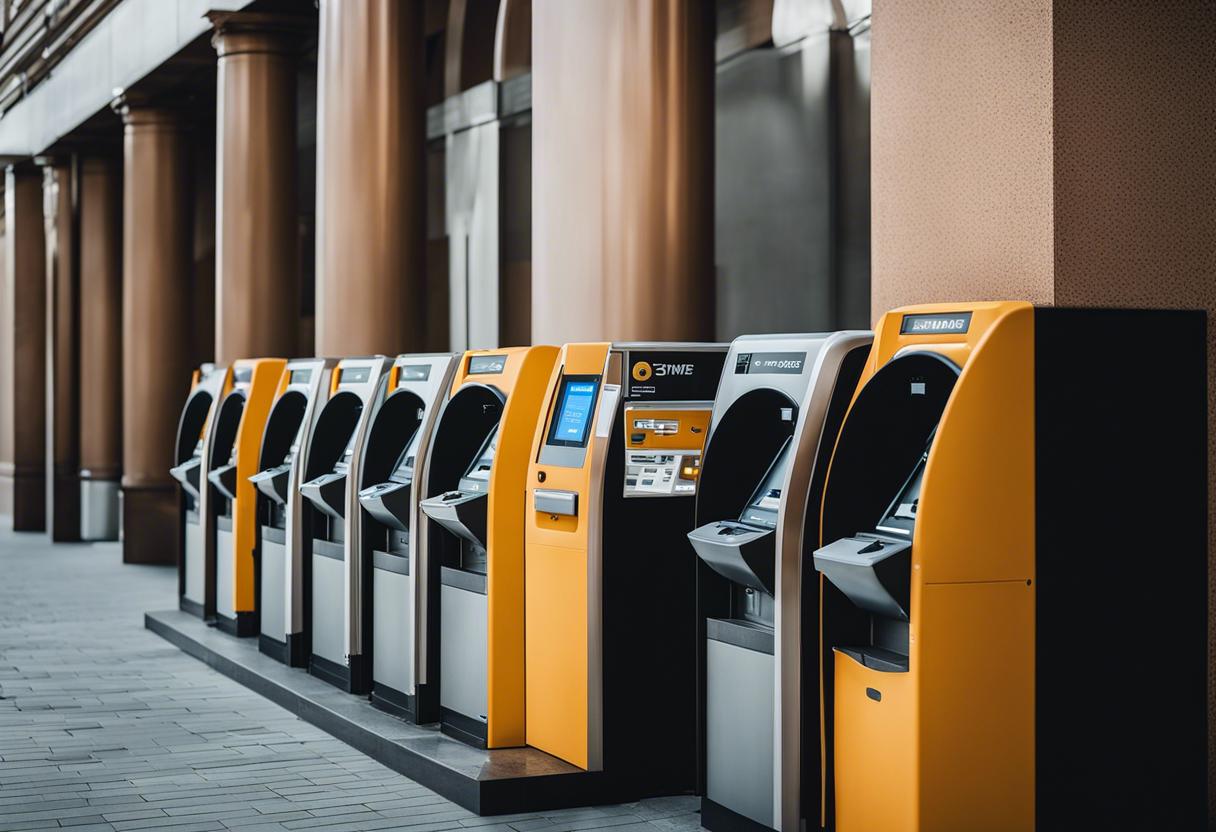Re-Turn, the firm handling the State’s scheme for recycling cans and aluminium bottles, acknowledged the existence of some “practical glitches” hindering the initial dependability of its ‘reverse-vending’ devices. Despite this, Re-Turn asserts they’ve resolved the problems and machine dependability has been “significantly strengthened” with a mere 1 per cent machine replacement rate.
The approach involves customers paying a refundable deposit on bottles and cans procured from retailers and supermarkets, and then recouping a credit by returning these items to a reverse-vending machine.
The machine issues a customer credit receipt, which the shop accepts as a cash payment or uses it against the customer’s grocery bill.
The machines garnered two million returns in February, the scheme’s kick-off month. This figure swelled to 20 million in March and further burgeoned to 50 million in April. Re-turn noted that on May 7th, the returns of beverage containers numbered 2.39 million. The firm projects that the count of returned containers received since February 1st will hit the 100 million mark later this month. The firm also added that since launch, they’ve bolstered their infrastructure with the addition of 500 machines.
The firm’s comments came amidst customer complaints about poor performance from some devices. Re-turn responded by stating that there are 2,300 operational machines currently, with about 23 replacements made.
Re-turn dismissed a social media video demonstrating a user attempting to claim multiple credits by continuously re-inserting a bottle on a string into the machine. A company representative clarified that a visible red light on the machine indicates that no further credits are granted.
She maintained that any attempts to deceive the scheme are illegal, and any evidence of fraudulent activities would be forwarded to relevant authorities for further examination.
The company cited the recycling scheme as a significant infrastructural venture and stated that “despite the inevitable initial challenges of such a large-scale initiative, it currently represents a minor segment of the overall experience.”

